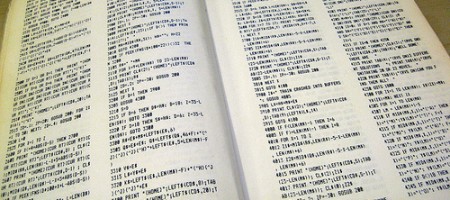Below is a draft of an essay I am contributing to a forthcoming book titled A Companion to Digital History. I have permission to share drafts on my personal website, so I thought it would be good to get this up and out there 1) for folks to be able to read it and 2) to see if I could get any substantive commentary and discussion about it to help me revise it. If you would like, you can comment directly on the draft in this google doc.
At this point, historians have access to an ever-expanding wealth of digitized versions, or digital surrogates, of a selection of primary sources through online collections. So, what happens to history when the basis of its sources and evidence becomes increasingly digital? Similarly, what happens to history when it’s archives become digital? Backing up a bit, given how the very form of archives as institution is anchored in the management of paper documents, what does it even mean to have a “digital archive”? What follows is an attempt to identify and discuss issues in the evidentiary basis of history that arise as the materials and systems that manage those materials become digital. In looking at different kinds of sources and archives I work to suggest practical advice on the kinds of issues and questions one should ask when working to interpret, to find out what one can say, based on digital sources and digital archives.

